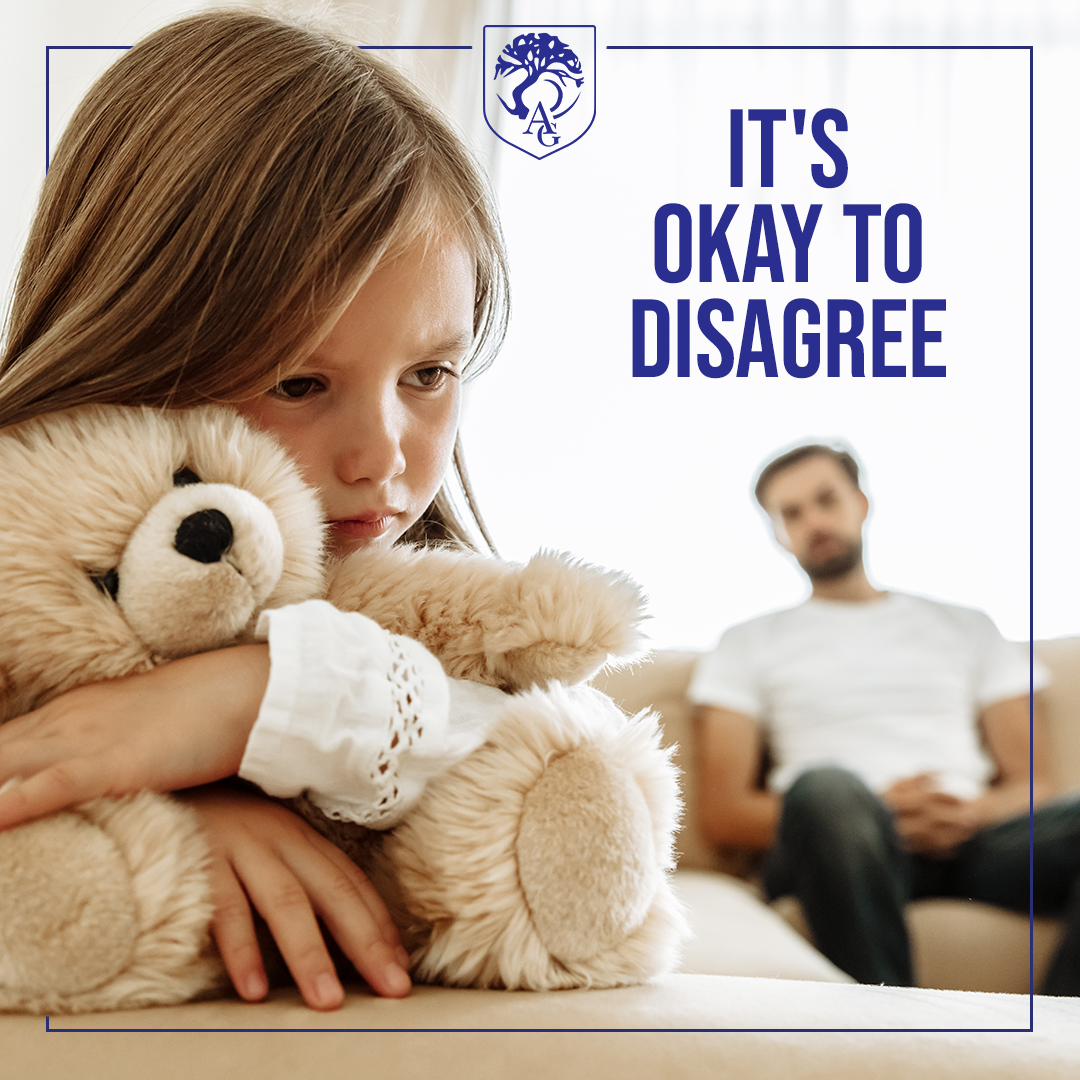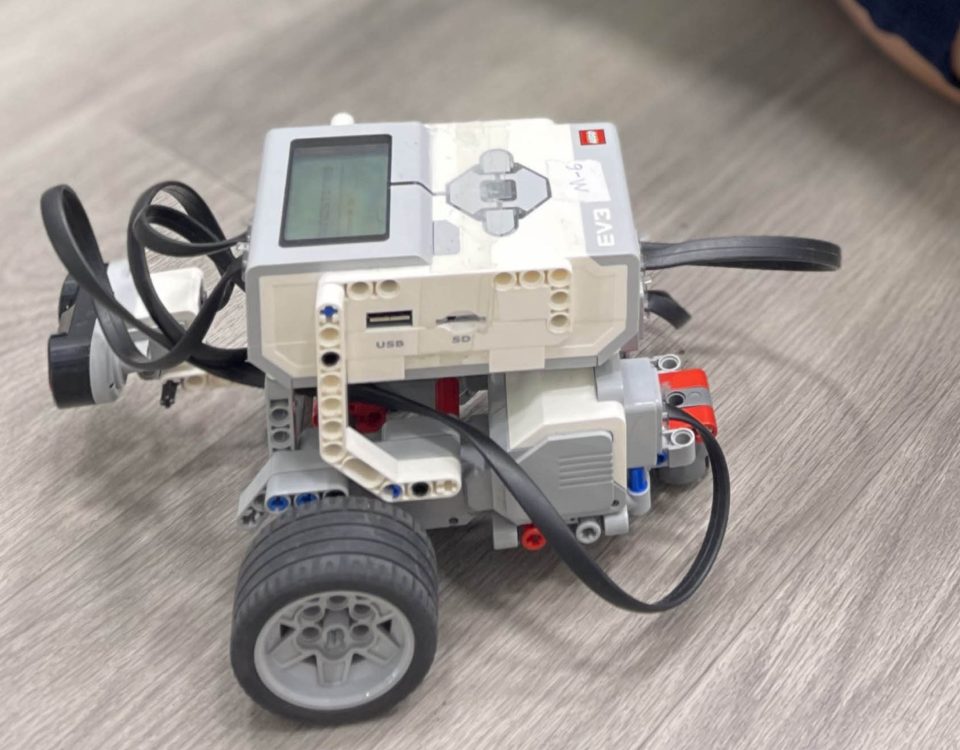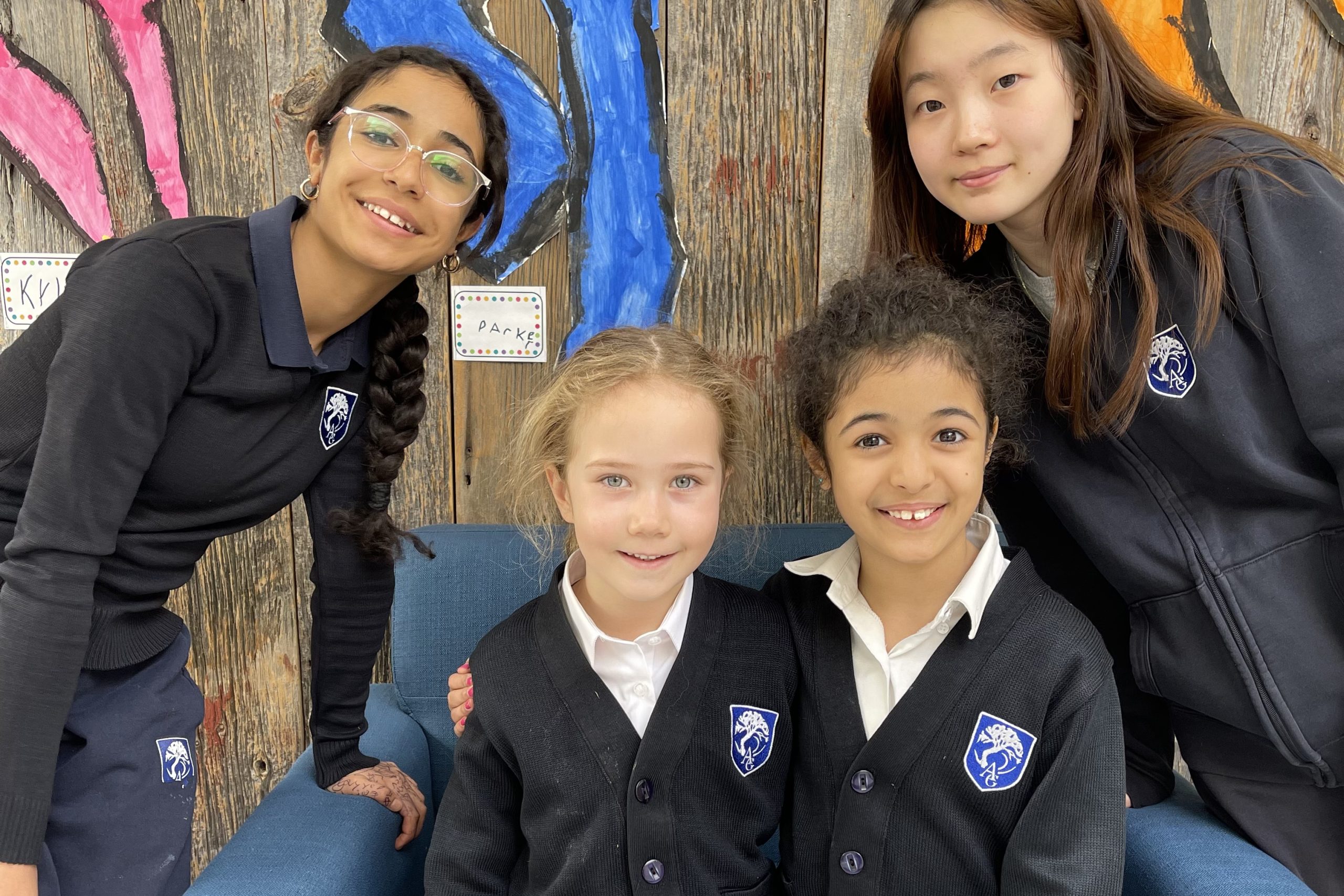Conflicting Opinions: Teaching Your Child It’s Okay To Disagree
Conflicting Opinions: Teaching Your Child It’s Okay To Disagree
As an adult, you are likely no stranger to conflicting opinions. Disagreements or different views seem to work their way into our lives day after day. Our children see and hear these adult conflicts, but they’re also dealing with their own disagreements. As adults, it’s important that we model healthy behaviours when it comes to handling conflict. Helping children learn how to navigate challenging interpersonal situations sets them up for future success in careers and relationships. Here are a few ways you can help your child learn that it’s okay (and completely healthy) to disagree.
Talk About Their Feelings
Children tend to see things in black and white, meaning they see things one way and rarely do they stop long enough to consider the entirety of the situation. Helping children learn to talk about their feelings can help them learn to take a deeper look at the upsetting event and learn why it affected them the way that it did. Teach children to use “I feel” statements to address their emotions.
For example, “I feel sad when I’m left out of your group at recess. Can I please be included next time?”
This format empowers children to address their feelings rather than point fingers and realize why they feel the way that they do. It also offers a solution that they can present to the other party.
Empathize With Them
When children experience emotions, they tend to experience them much more intensely than adults do. Feeling overwhelmed can happen quickly and even a small issue can feel like a massive one. When you notice your child struggling with an emotion or when they come to you for help, listen to them calmly. Let them express their thoughts. Let them know that you hear what they are saying. For example, “I can hear that your feelings are hurt and I see that you’re upset.” This lets children know that you are listening and they’re in a safe place to discuss their strong emotions. You shouldn’t necessarily offer solutions for them but instead guide them and help them brainstorm to make their own decisions and formulate solutions of their own.
Help Them See Different Points of View
Children are still developing their empathy for others day after day. Their emotions can feel overwhelming and make it difficult or them to consider another person’s point of view. When your child is dealing with conflict, ask them what the other person may be feeling. Ask your child to explain the disagreement from their point of view and then ask them to explain what they think the other person’s point of view was. This helps children consider the other side of the story and may offer them valuable insight into a solution that’s on middle ground.
Helping your child develop healthy ways to handle conflict takes time, but as they continue to work towards developing their deeper understanding, they’ll retain the wisdom they need to navigate conflict on their own. This empowers children to become good negotiators, great friends, and wonderful self-advocates.








